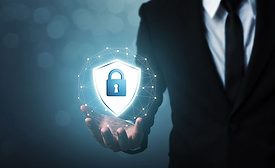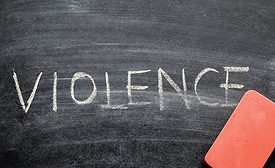Web Exclusive Stories
The Data Breach Avalanche: What is the Real Reason for Our Crumbling Defenses?
The technology to prevent data breaches exists, yet hackers are still breaking into major organizations with ease. A few best practices will help keep your sensitive data safe.
October 23, 2019
Sign-up to receive top management & result-driven techniques in the industry.
Join over 20,000+ industry leaders who receive our premium content.
SIGN UP TODAY!Copyright ©2024. All Rights Reserved BNP Media.
Design, CMS, Hosting & Web Development :: ePublishing

















